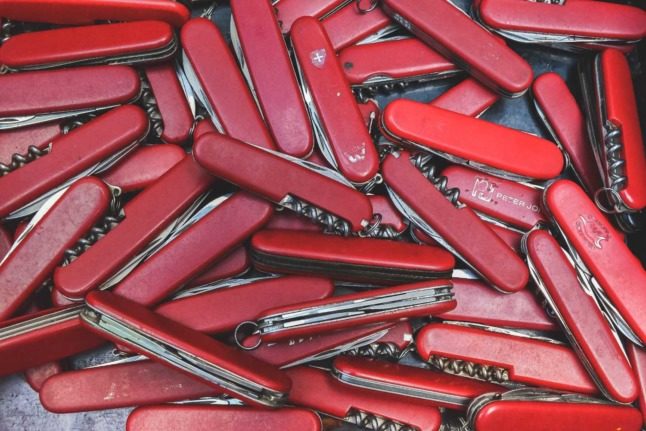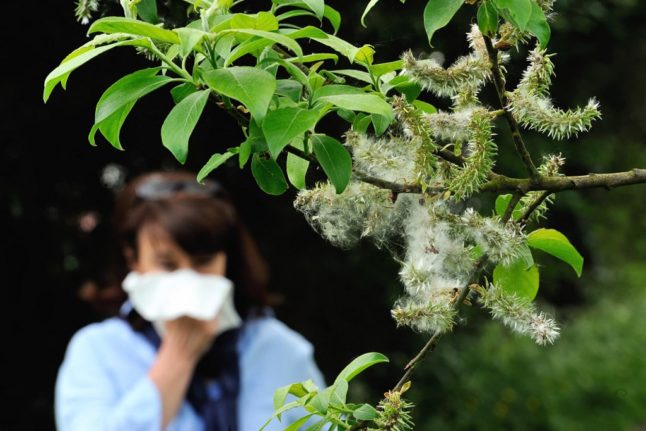Austria’s Inflation Stalls at 4.1 percent in March
According to data released by Statistics Austria on Wednesday, Austria’s inflation rate remained unchanged at 4.1 percent in March. This follows a downward revision for February, bringing both months to the lowest inflation since October 2021.
“While food prices are showing some relief, other areas are putting upward pressure on inflation,” said Statistics Austria Director General Tobias Thomas. Food prices rose 3.2% in February, a significant decrease compared to overall inflation. However, electricity and fuel costs no longer dampen price increases year-on-year but contribute slightly.
While still high, overall inflation has eased in recent months, particularly in the key food area. This suggests a potential slowdown in price increases moving forward.
What we know so far about Austria’s new €2,000 grant for home improvements
Austria wants to stimulate the real estate and construction sectors and is offering grants to homeowners who have had work done on their homes.
Austria Proposes Ban on Carrying Knives in Public Spaces
Austria’s Interior Minister has proposed a nationwide ban on carrying knives in public spaces, with some exceptions.
The draft law, titled “Knife Carry Prohibition Act,” prohibits most knives in public areas, parks, sporting facilities, leisure areas, public transport, educational facilities, and childcare centres. Exceptions include transporting knives in a secure container, such as a bag or backpack.
The ban applies regardless of blade length, meaning even pocket knives like Swiss Army knives will be restricted. However, exemptions are made for traditional customs and specific professions. For example, carrying a stag knife in traditional leather trousers at a Kirtag festival would be allowed.
The preparation and consumption of food, sports activities, historical reenactments, and educational purposes are also exempt. The sale of knives remains unrestricted.
Those caught violating the ban face fines of up to €3,600 or imprisonment for up to six weeks.
The proposal comes after Interior Minister Gerhard Karner announced plans for a general weapons ban, focusing on knives, last month. This draft law now awaits further discussion and approval.
Austrian Airlines Cabin Crew Rejects Contract Offer, Strike Threat Looms Again
Austrian Airlines (AUA) cabin crew overwhelmingly rejected the company’s latest collective labour agreement offer, raising the possibility of renewed strikes.
In a vote held by the vida union, 90 percent of participating members opposed the offer, with a high turnout of 88 percent. The union represents around 60 percent of AUA’s cabin crew.
AUA’s proposal included an 8 percent wage increase for 2024, followed by 5 percent increases in 2025 and 2026. However, the union is pushing for salary parity with their counterparts at Lufthansa, AUA’s parent company.
Negotiations between vida and AUA management continued Tuesday evening, but the previous dispute resulted in strikes, work stoppages, and hundreds of flight cancellations. The union previously warned of further strikes if the offer was rejected. Passengers should brace for potential disruptions.
AUA maintains that their offer was “very good” and that it reached the “limit of the company’s economic performance.” The airline suffered a €122 million loss in the first quarter, the second-worst in its history, which AUA blames partly on the union’s actions.
If you have any questions about life in Austria, ideas for articles, or news tips for The Local, you can contact us at [email protected] or leave a comment below.



 Please whitelist us to continue reading.
Please whitelist us to continue reading.
Member comments